(Hint: It’s Not What You Think)The saying throughout life, heard time and again by well-meaning folk, “just be yourself.” Is this easier said than done? I think so. From birth we are being conditioned, in every millisecond of relationship with our caregivers, our siblings, our peers and larger community, to behave in a way that works for the relationship. This is survival for a social being. We need others to survive, not just for food and shelter, but for love. Love is the most essential nutrient that we need. And love has many branches: security, belonging, acceptance, kindness, patience, confidence, support and companionship. We are wired to turn towards these qualities, because our very survival depends on them. But for the most part, in our human reality, love comes with conditions. I daresay, we have all experienced an obstacle when it comes to being ourselves, or belonging to a peer or family group. This is deep stuff and of course we will most often sacrifice ourselves, and our own authenticity in order to belong. That pull to survive, to be part of the tribe, it runs deep and unconscious for most of us. In fact, we need to conform to survive for the first part of our lives, and not conform to survive for the last part of our lives. This suggests that we eventually reach a point in our trajectory, when we awaken to the knowledge that our conformity to the tribe is too small for us anymore, that we must grow beyond it. We feel a desire to explore new territory of ourselves and who we think we are, or could be. We become aware of how challenging the tribe, or confronting the status quo as we’ve known it, becomes the new necessity to our survival. Perhaps it was a significant life event that caused us to look at things with fresh eyes.
Perhaps we encountered a person who, just by their presence, challenged core beliefs we had long held to be true. Perhaps an illness humbled us. Or perhaps it was the arts, a film, a song, or a poem, that knocked on the doorway of our hearts, awakening us to deeper truths about what love is, that in fact it might be grander than we ever realized. This is exciting territory.And as thrilling as it is, it does come with anxiety, and awkwardness, and even shame. Those are the things of the conditional love of the past. The big question then is, will you continue to allow shame and fear to dominate your very being? Or will you, in the midst of that discomfort, choose into a larger you? A you, that can encompass your present challenges, be they relational, political, or physiological, and transcend them with acceptance and transformation. The shame and the fear is not you.I recognize that within us, the voice of shame and fear sounds like your voice, but it is not you. We’ve all grown accustomed to believing these negative things about ourselves. The solution is not to fight those thoughts, or to argue them or debate them until you win. You will never win the argument with your negative thoughts. The solution is about remembering who you really are, and the shame and the fear, is not it. The good news is that I cannot tell you who you really are. That gets to be yours to discover and share with the world as you are ready. But each step you make, to listening beyond the shame and the fear to your real voice, and responding to that voice, the easier it does become to discern the truth. It may seem trite, but diet changes can be a way into this rich territory. Letting go of foods that really do not serve us, and choosing more nourishing options is a concrete way of choosing back into our vibrant self, which often is not the self that is highly managed by fear and shame and doubt. We make changes because we choose life. We choose our life. What works for another likely will not work for you. It can be a place to begin, to start where someone else has gained success, but then continue on from there. Keep going with fine tuning your daily practices (which includes eating!) so that your life feels ever more like your very own. Small changes lead to big changes, so take it one step at a time. And remember, you just have to be yourself. 😉
3 Comments
The developmental psychologist, Erik Erikson, identified eight psychosocial stages for ego development.The first stage he titled Trust versus Mistrust. In this first stage, Erikson theorized we are under an essential crisis, which is the question, “is the world safe or not safe?” Depending on the consistent loving care of our parent or provider during infancy, we develop a sense of trust in the world to meet our needs or not. This sense of trust or mistrust, carries over into all relationships. Including, we can assume, one’s relationship with herself.If we complete this stage with a sense of trust, then we also complete this stage with hope, or confidence, that future crises or challenges will be managed successfully.If we complete this stage with mistrust, that is, if our needs were not lovingly met in a consistent way, than instead of hope lies anxiety, or fear, and a lack of confidence in addressing the inevitable obstacles of future reality. To read more about Erikson and his psychosocial stages click here.
Let’s take this premise and apply it to the essence of Conscious Wellness. Let’s also hypothesize that most people have a mixed experience of trust and mistrust, that it isn’t so black or white as Erikson describes it in his stages. Let’s assume that one could complete the stage with trust and mistrust, and that this stage may never actually be complete, but continues to evolve within us as we move through each relationship and experience that life has to offer. The one person that we will always be in relationship with our whole lives is our own self.What does it mean to be in relationship to our own self? How is that even possible? Well, let’s consider for a moment the different levels of communication that we can participate in. The first thing you may think of when I say communication is talking and then you might think that it is ridiculous the notion of talking to yourself. Unless you’re me, and I talk to myself all the time. Modern psychology identifies that the majority of our thinking on a daily basis is negative self talk. So maybe we are not talking to ourselves out loud, but there sure seems to be a lot of chatter in our minds and many of us are not even aware of the constant self talk that is going on and guiding the way we feel and how we make choices everyday. If you are interested in discovering what your self-talk might be I suggest sitting quietly, with no distractions, and writing in a journal. Without censoring yourself or worrying about correct spelling or grammar, just let yourself write the flow of thoughts onto the page and observe what comes up. Additionally, noticing what you are thinking about others can also be an indicator about how we talk to ourselves internally as well. While it is important to develop autonomy for wellness, it is a delicate construction, especially if we have been significantly hurt in the past. It is easy to swing too far into a stoic independence, which can really be a masked rebellion towards an experience of authority in our past that wasn’t so kind or nurturing. It is critical to understand that true autonomy is free from rebellion, and will point us in the direction of relationships that reinforce what we are discussing here.
In other words, as much as we need autonomy in health, we also need each other. Others provide new insights, and can reflect to us areas in our self and our own lives that we might still be missing, or flat out ignoring. It would be contraindicated to promote the idea that anyone of us should be tackling our health needs and goals on our own. This is often a sure way to get lost in the “information” and develop new rules to live by to keep us safe, or right, or free from whatever it is that we fear. Truly, our relationships in all their joy and discomfort help guide us ever more into self-awareness. Indeed, from birth, it is by being in relationship that we learn anything about who we are, and what the world is to us. Certainly be discerning about the relationships you choose, and remember most of all to always be in relationship with yourself foremost. As we give attention to ourselves in this way, with our neutral curiosity and inquiry, we invite the self to emerge. As we get to know ourselves even more fully, and we merge this awareness with the growing and evolving knowledge regarding health and wellness, we reach exciting territory. We begin to design in a dynamic way, a lifestyle (including diet), and way of approaching life that is unique to our own individual make up. We participate fully in creating a reality that is for our benefit and actualization, and places our wellness at the heart of that reality, so that all of our creations flow from our health and thus sustain it. We believe in the power of awareness, that is, becoming ever more aware of ourselves and our inner life. This means becoming conscious of our motivations, impulses, insecurities, needs, feelings, wants, passions and concerns.
The more we become aware of ourselves, the more we can develop a relationship of listening to ourselves with compassion and understanding. This willingness to hear our own needs and responses to life gives us a unique position to respond to ourselves with great care. Indeed, we have the opportunity in self-reflection to respond to ourselves the way we may have always wished others would respond to us. Building a caring relationship with our self is an empowering action and a foundational step towards conscious wellness. Within a loving and kind relationship, the true self naturally emerges.We no longer need to maintain defenses or coping mechanisms from the past to avoid looking at our self. In the presence of a loving other, we can begin to get to know the truth about what we need, and what our own wellness goals really are in this moment. Because we are dynamic, alive beings, these needs and goals are rarely static, but more evolving and deepening over time. Building skills to self-reflect with compassion and curiosity, rather than criticism, invites more of our self to emerge and sets a trusting precedent with ourselves that reinforces the self-reciprocity inherent in listening to our bodies, emotions, and thoughts with respect and then responding accordingly. This emergent autonomy strengthens over time an inner locus of control, which basically means that you become the expert on you.Being the expert on yourself does not mean dismissing other points of view, feedback, or medical information at all. It means incorporating your own voice into the discussion of your health. Too easily we have signed over that voice to a new fad diet, or our friends exercise routines, or other advice that in truth, may or may not be the right fit. Just because it works for another does not mean it will work for you. This is the value of self-reflection and building a wellness autonomy. Only you know your body- how your digestion feels, how your joints feel, what level of concentration is normal for you, how you are enjoying or not enjoying your life and able to see the beauty within it. These are all indicators of wellness and very unique to each individual. |
Archives
July 2018
Categories
All
|

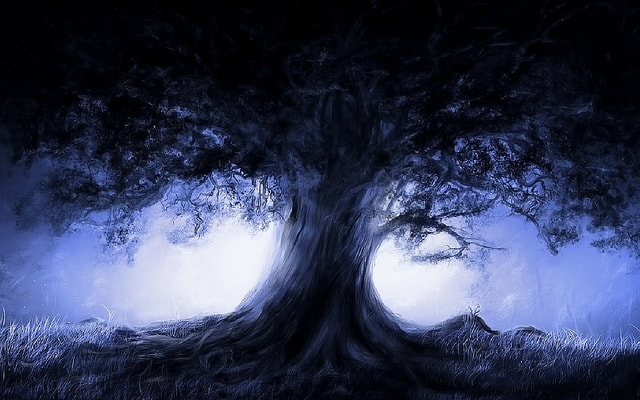
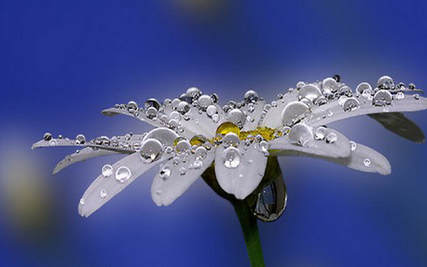

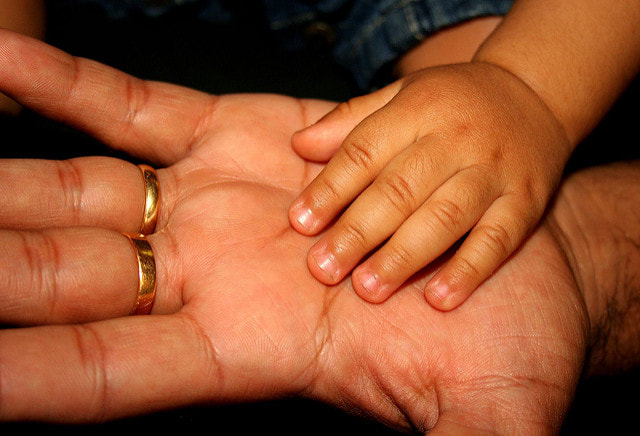
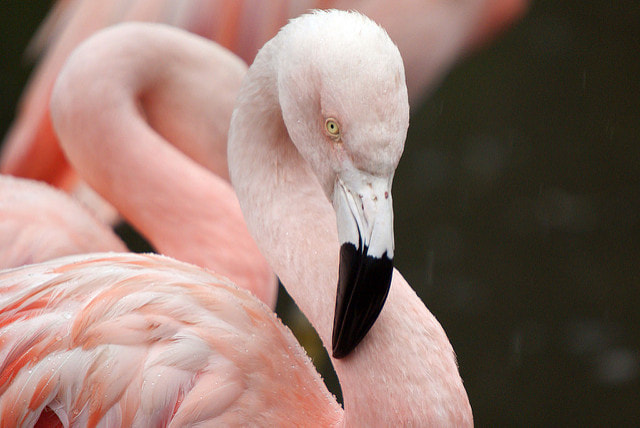
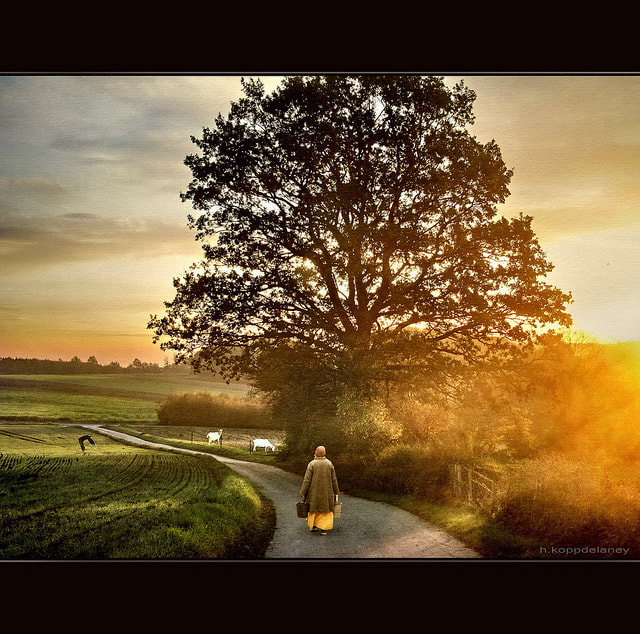
 RSS Feed
RSS Feed